Kids love the word "sorry." Just say "sorry" after you push someone and the adults are appeased. It's magic. One short word and you're off the hook.
We expect kids to say "sorry" because we want kids to patch things up, to care about others, to develop empathy and awareness and to feel remorseful. The trouble is, young kids are rarely sorry. Saying "sorry" on command doesn't make the word come true.
You can't force remorse.
Remorse is part of moral development, and needs to come from inside the child. You can help develop those feelings by focusing on what a child can do: take action and make a meaningful guarantee.
Take Action - Kids are great at taking action. Involve them in making things better. "Go get an ice pack!" "Bring the tissue box!" "Find Ava's favorite teddy!" Give the child an action they can do. Taking action also brings the child back to the scene where they can witness how sad or hurt the other child is. This helps develop awareness of others. Becoming a helper also helps the child feel better about what they did, especially important if it was an accident.
Make a Guarantee - It's much more meaningful for a child to say "I won't push you again" or "I won't knock your tower over." These are powerful words for kids on both sides of the problem. The aggrieved child feels safe (I won't get pushed again/ my toys are safe). That's a lot more comforting than hearing an insincere "sorry." Sorry doesn't carry a guarantee.
For the child who makes the guarantee, those words also carry tremendous power. It's amazing to see, but kids who make a verbal guarantee tend to live up to their behavior statement. Of course, there may be times it doesn't work. If a child makes a guarantee but still can't control his impulses, acknowledge the challenge and move him away. "It's too hard for you right now. Your body can't stop pushing. I will help you stop. I'm moving you away from Ava."
A guarantee - "I won't push you again" - is more meaningful than "sorry."
Guarantees and helper actions do more to truly resolve the problem, foster awareness of others, and yes, develop empathy and remorse. As for the word "sorry," don't worry. Saying "sorry" is a cultural norm. Kids will pick it up if we model apologies in every day life.
What have you found that helps kids be truly sorry? Do you ask kids to say "sorry" because adults around you expect it? Have you ever been surprised by kids' kindness?

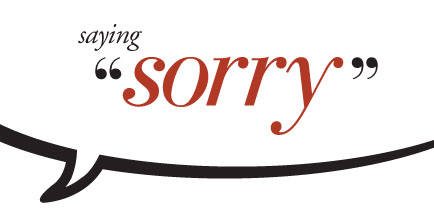
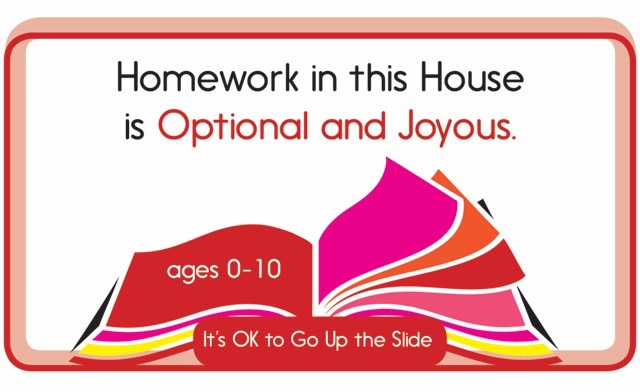
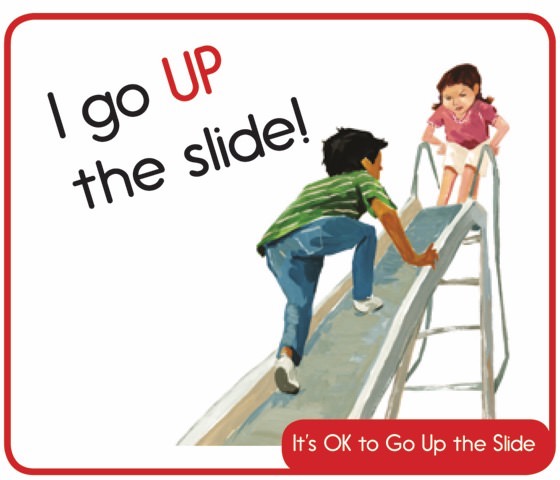
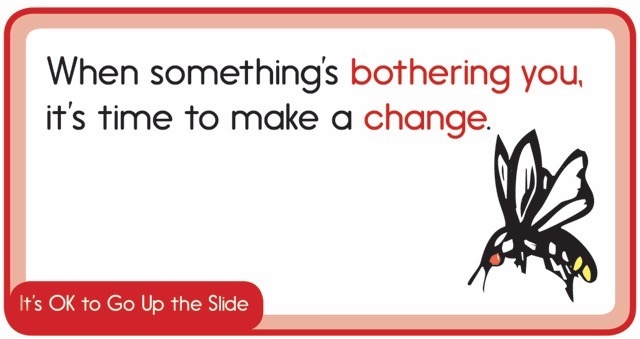
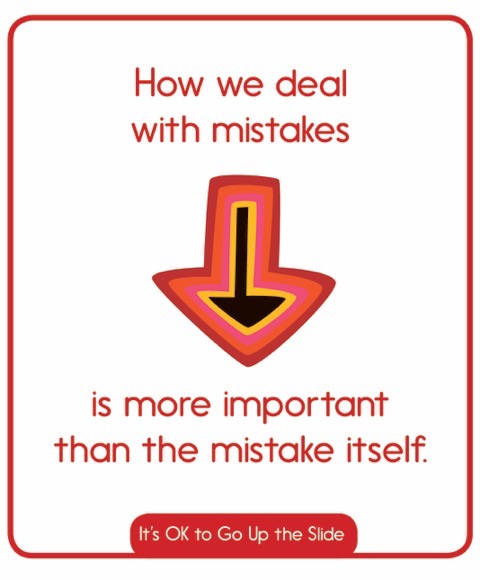
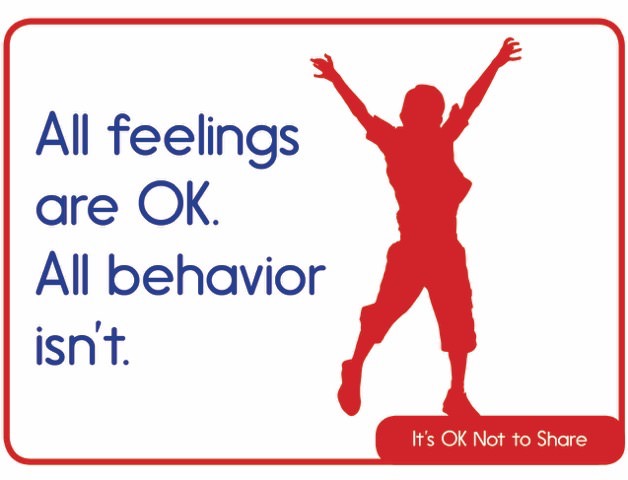
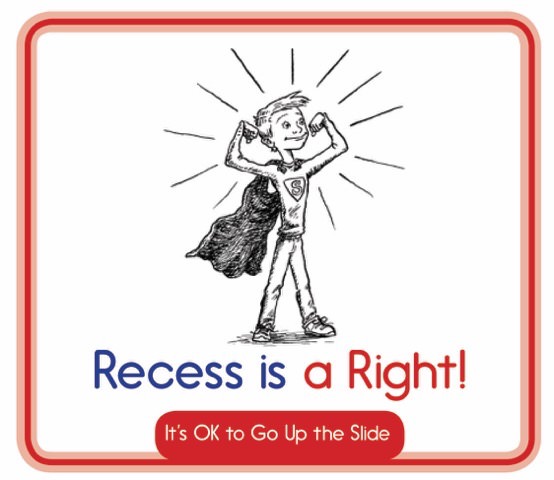
One of my favorite parts of your book, Heather. You nailed the key: you can't force remorse.
I've often been surprised by kids' kindness, but I think in most situations it was because the kid had suffered the same ailment (bad cold, scraped knee, getting hit by another kid) so they had real empathy and they knew what would make the wounded kid better because they had received similar treatment when they were the hurt party (ex, Mom kissed the booboo, or gave him/her a hug or a favorite stuffed animal, etc.)
Chris
Nice that it rhymes, too!
Kids often don't know what to do after they did something wrong or hurt someone. The more we model and give them ideas to truly resolve the problem, the more they rise to the occasion. Love your examples of kids following models they've witnessed many times.
Great short synopsis of why we ought not force children to say they are sorry. I love your book too, and sometimes it's nice to have an easy-to-digest post like this to share with a new friend. I'll be sharing it out from our "Respectful Parent" Facebook page soon.
Glad it was helpful, Dawn. Many thanks for comments and thanks for sharing it with others who may benefit from re-thinking "sorry."
Thank you for summarizing this, Heather. I've found your explanation and alternative very helpful both with my toddler and with the primary school pupils I teach. I like that its simple and effective - most other approaches designed to develop empathy and remorse end up more like a lecture.
You're welcome. Yes, it does work for many ages. As you say, it's not a lecture - it's the kids talking to each other and developing skills and values inside of themselves.